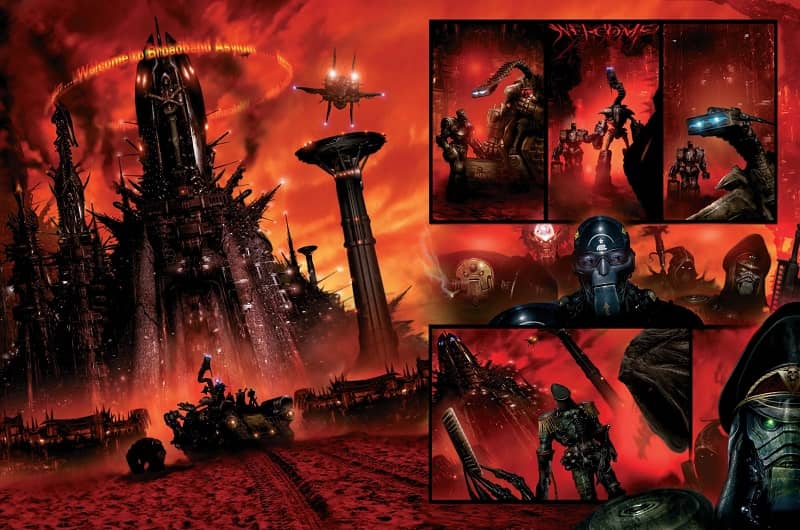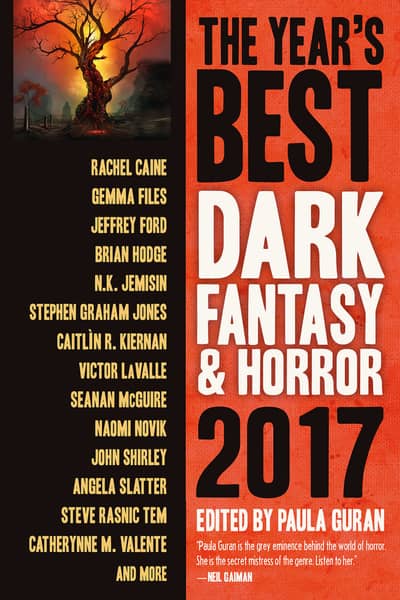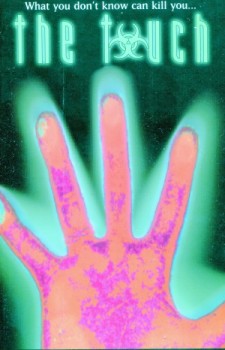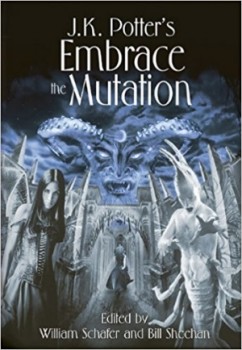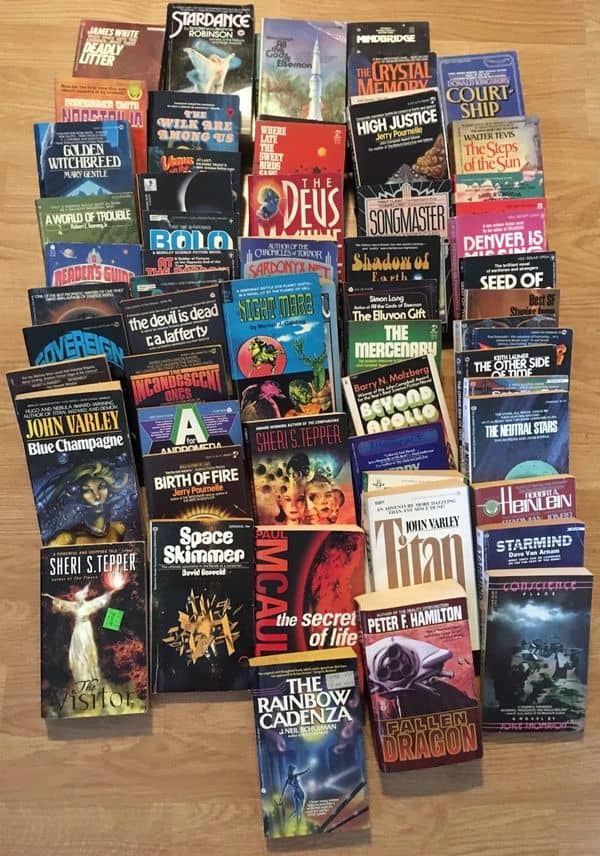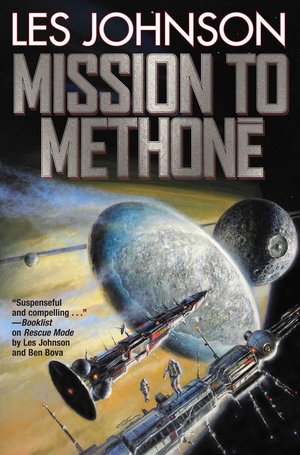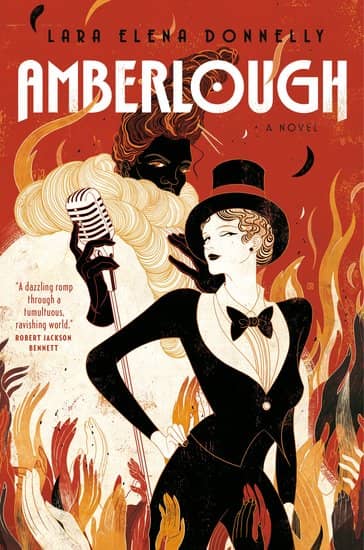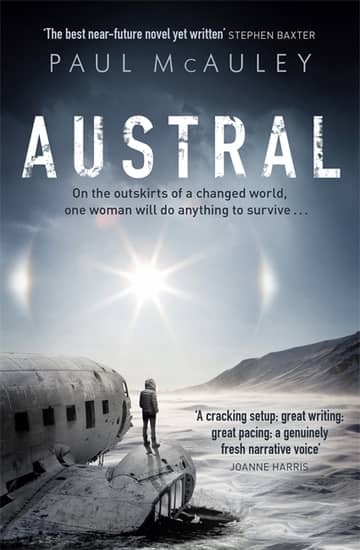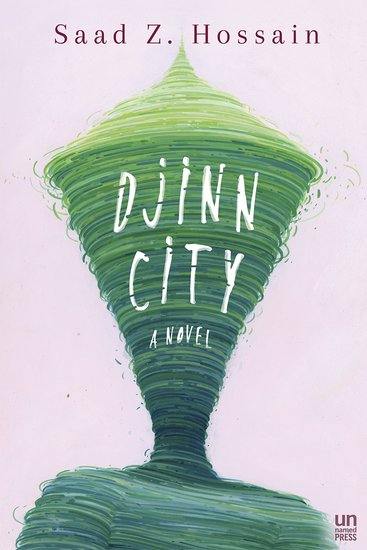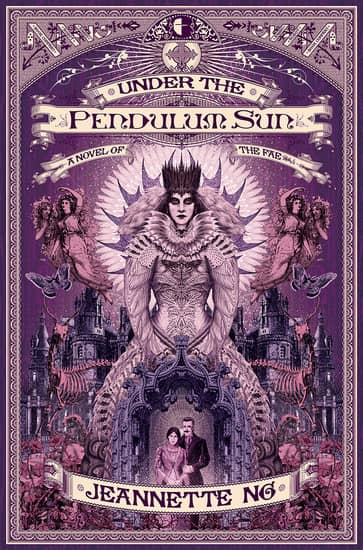…since you are my son and the days are grim, I will not speak softly: you may die on that road.
Morwen to her son Húrin
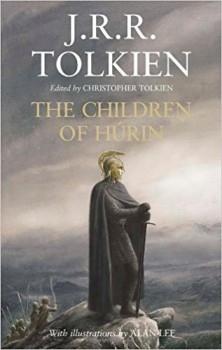 One of the most significant elements of J.R.R. Tolkien’s The Lord of the Rings — and missing from Peter Jackson’s misdirected films — is the almost suffocating atmosphere of great melancholy over a lost, better world; lost due to pride and jealousy. Even in the The Hobbit, a book aimed more at children than adults, it pervades the story, one that depicts the actions of pitiably small individuals against a world that, outside the green confines of Bilbo’s Shire, is dangerous and long bereft of the comforts and protections of civilization and order. It rises in The Lord of the Rings from a mournful undercurrent to a major theme. The characters cross a landscape littered with the ruins and remnants, such as the remains of Amon Sul and the titanic Argonath, of a nearly forgotten past. The once mighty elf realms, even Lothlorien, are reduced to dying shadows of what they were. The towering city of Minas Tirith is crumbling and half-empty.
One of the most significant elements of J.R.R. Tolkien’s The Lord of the Rings — and missing from Peter Jackson’s misdirected films — is the almost suffocating atmosphere of great melancholy over a lost, better world; lost due to pride and jealousy. Even in the The Hobbit, a book aimed more at children than adults, it pervades the story, one that depicts the actions of pitiably small individuals against a world that, outside the green confines of Bilbo’s Shire, is dangerous and long bereft of the comforts and protections of civilization and order. It rises in The Lord of the Rings from a mournful undercurrent to a major theme. The characters cross a landscape littered with the ruins and remnants, such as the remains of Amon Sul and the titanic Argonath, of a nearly forgotten past. The once mighty elf realms, even Lothlorien, are reduced to dying shadows of what they were. The towering city of Minas Tirith is crumbling and half-empty.
It’s in the under-read The Silmarillion, Tolkien’s complex sequence of Middle-earth myths and legends, that he fully explores the litany of misbegotten oaths, pride-blinded decisions, betrayals, murders, rapes, and invasions that led to the downfall and destruction of the old world. And between two tales, those of the war of the house of Fëanor and Morgoth and the sinking of Númenor, we learn of the ruination directly underlying the events chronicled in The Lord of the Rings.
One of the worst tragedies told in The Silmarillion is that of doom laid on the family of Húrin Thalion, and specifically the fate of his son Túrin Turambar and daughter Niënor Níniel. Inspired by the Finnish story of Kullervo (a story Tolkien turned his own hand to, released in 2015 and discussed here), Túrin’s fate mimics his but is tied to a greater story that concerns not just his own family but all Middle-earth.
The Children of Húrin (2007) is a standalone expansion of that story, and takes place in the final stages of Morgoth’s (essentially Satan’s) war on the Elves and their human allies. Following their great defeat in the battle of the Dagor Bragollach, the Battle of Sudden Fire, the elves and their allies have spent twenty years rebuilding their forces in order to launch a direct attack on Morgoth’s great fortress, Angband. It is during these preparations that the book opens.
As he readies himself for a battle he has doubts about, Húrin tells his wife, Morwen, that should the Enemy prevail, their son Túrin should be sent to safety in the elven kingdom of Doriath. Húrin’s worries prove well-grounded, and even more disastrously than in the previous battle, the Elves and their allied forces are destroyed. This second great battle is called the Nirnaeth Arnoediad, the Battle of Unnumbered Tears. Most of the generals are killed, and the few survivors are driven into hiding as their lands are overrun by orcs and men allied to Morgoth.
…
Read More Read More
